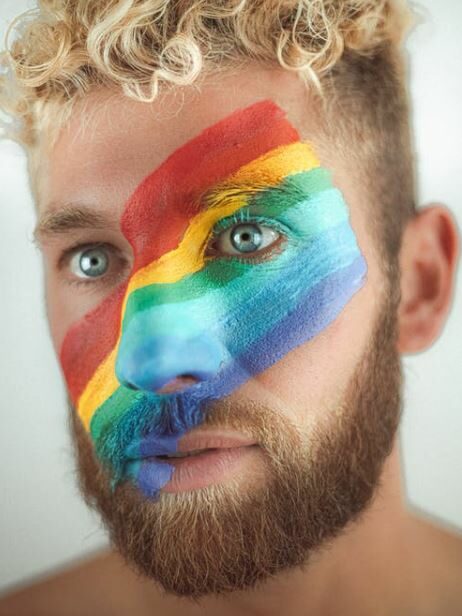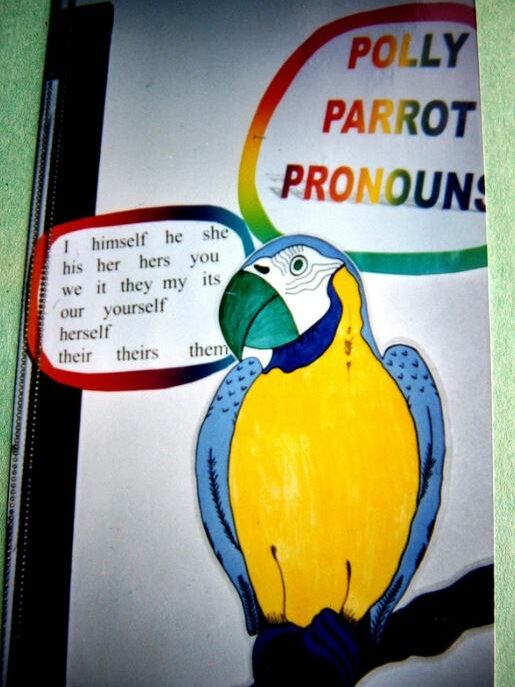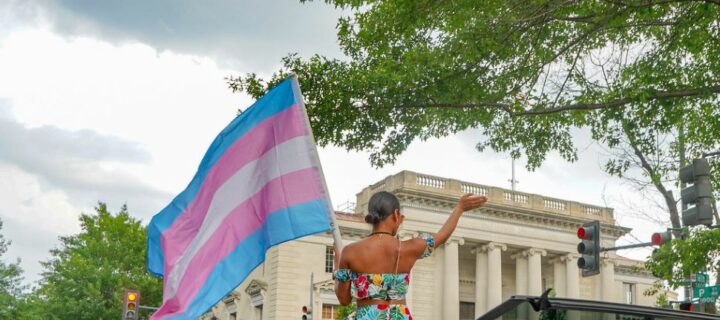
The International Pronouns Day
Once again, the International Pronouns Day is upon us. If this is something new to you, stick around because in this guide, you will be informed about everything that encompasses this empowering and inclusive day.
Whether you’re part of the LGTBQ+ community or not, it’s important for you to know why this day is celebrated.
On this page
What is it?
It is a celebration of respect, equality, sharing, and education about every individual’s right to choose the pronoun he/she/they find comfortable in being referred to as.

All of us are not exempted from the privilege of being addressed how we want to. We have to impose the proper pronoun that we find that best suits us in order to live a life of boundless equality and dignity.
According to PronounsDay.org
“We endorse International Pronouns Day, which seeks to make respecting, sharing, and educating about personal pronouns commonplace. Referring to people by the pronouns they determine for themselves is basic to human dignity.
Being referred to by the wrong pronouns particularly affects transgender and gender nonconforming people. Together, we can transform society to celebrate people’s multiple, intersecting identities.
We encourage colleges, schools, workplaces, and local organizations to hold educational and empowering events on International Pronouns Day.”
The Origin of the day
This highly inclusive day was founded by Shige Sakurai and Genny Beemyn and it was first celebrated in a big way in 2018. In its first iteration, 25 countries per continent have joined except for Antarctica.
To Whom is it important?
To some, having a preferred gender pronoun may be trivial but to others, the appropriate pronouns revolve around their lives. The reason being is because bigoted people often take the power of a person to have control of their own gender identity. Nobody has the right to assign a person’s gender.
Transgender People
Transgender people are often misgendered by bigots and they make the biggest number of these repulsive people’s victims. They’re often misgendered in a brutal and embarrassing manner just so that the bigots can make them feel weak and insecure.
Misgendering is rampant in comment sections online, most especially if the topic of the discussions constitutes transgenderism.

Misgendering can also happen offline which is more hurtful because transgender people are being subject to public humiliation.
Transgender people are harassed, discriminated against, and bullied every day.
They’re often told that their gender identity is just brought upon by their delusions.
This is why it is quite important for the transgender community because it gives them a sense of regaining their gender, power, and dignity.
Further more, non-binary individuals prefer gender neutral pronouns.
Gender Non-Conforming People
People who identify as gender non-conforming have existed for a long time but it’s just now in the late 20s whereby they’re gaining more recognition.
However, this recognition is not always positive because a lot of people, even in the LGBTQ+ community, often discredit their gender identities.

They often get flak and are mocked because most people think that they’re just playing around when sharing their pronouns.
A lot of offensive memes are spread out on the internet making fun of gender non-conformists and these insults often go like:
- I identify as a chair
- I identify as a watermelon
- I identify as etc.
Most gender non-conforming people are not comfortable with the gender-binary pronouns such as:
- he
- him
- his
- she
- her
- hers
- so on and so forth.
They prefer being addressed as:
- they
- them
- their
- and theirs
and they (pun intended) have every right to choose so.
The Pronouns
If you want to properly address people according to their chosen identities, you must know when to use the pronouns.
Please know that this section will only include the most common pronouns that the majority of people use. Should you want to suggest more, kindly write it in the comments section below this guide.

He, him, his, himself
Use these pronouns for individuals who identify as a man or male. It doesn’t matter if they’re cisgender or transgender men, as long as they explicitly announce that they’re men, these are the only pronouns that you should use.
She, her, hers, herself
The pronouns above should be used for individuals who identify as a woman or female. Again, them being cisgender or transgender doesn’t matter as long as they explicitly announce that they’re women.
They, their, theirs, they’re, them, themself
Use the pronouns above if you’re communicating with a gender non-conforming individual.
Don’t worry about misgendering them for the first time because it’s not easy to tell if an individual is a gender non-conformist. However, should they reveal that they are non-binary, kindly address them appropriately with their preferred pronouns.
Ze/Hir and Ze/Zir
Ze/Per/Hir/They – Pronouns used in the trans community instead of “he/she” or “him/her.” These pronouns offer inclusion and accuracy for someone who doesn’t identify by the male/female gender classifications.
Note: Not all trans people use these pronouns; many use “he” or “she.”
[Hir: (here) A non-gender specific pronoun used instead of “her” and “him.”
Sie or Ze: (see or zee) A non-gender specific pronoun used instead of “she” and “he.”
Ve: (vee) A non-gender specific pronoun used instead of “she” and “he.”]
How to celebrate the International Pronouns Day
Because the Day is still in its grassroots stage, you may create innovative ways on how to celebrate it. If celebrations in your local area are still not present, you can create a committee to make the day an annual festivity.

However, if you’re not ready for that kind of responsibility, you can simply show your support by celebrating it in the ways that are listed below.
Join the Social Media Celebration
- Post content and include the #PronounsDay hashtag in your caption.
- Inform your followers of the pronouns that you want them to use with you.
- Create filters, frames, and images to celebrate the day.
- Invite your social media friends to join the online party.
- Write and propose a press release article in your online community.
- Do a live video and talk about the International Pronouns Day to your followers.
- If you have a huge following, encourage them to post their pronouns and use the hashtag #PronounsDay.
Celebrate it outside of the internet
- Inform your operations manager about the International Pronouns Day if you’re working in an inclusive environment.
- Seek help from your local community and propose an annual celebration. This may be done with the help of the homeowners association or the manager of your apartment’s building.
- Throw a gathering and invite everyone that matters to you.
- Contact hip clubs and inform them about the special day so they can include it in their themes.
- Talk to your school’s principal about the Day.
When do we celebrate it?
The International Pronouns Day is celebrated every third Wednesday of October. In 2020, it falls under the date of October 21st.
If you want to find out more information, please visit International Pronouns Day’s Official Website.

